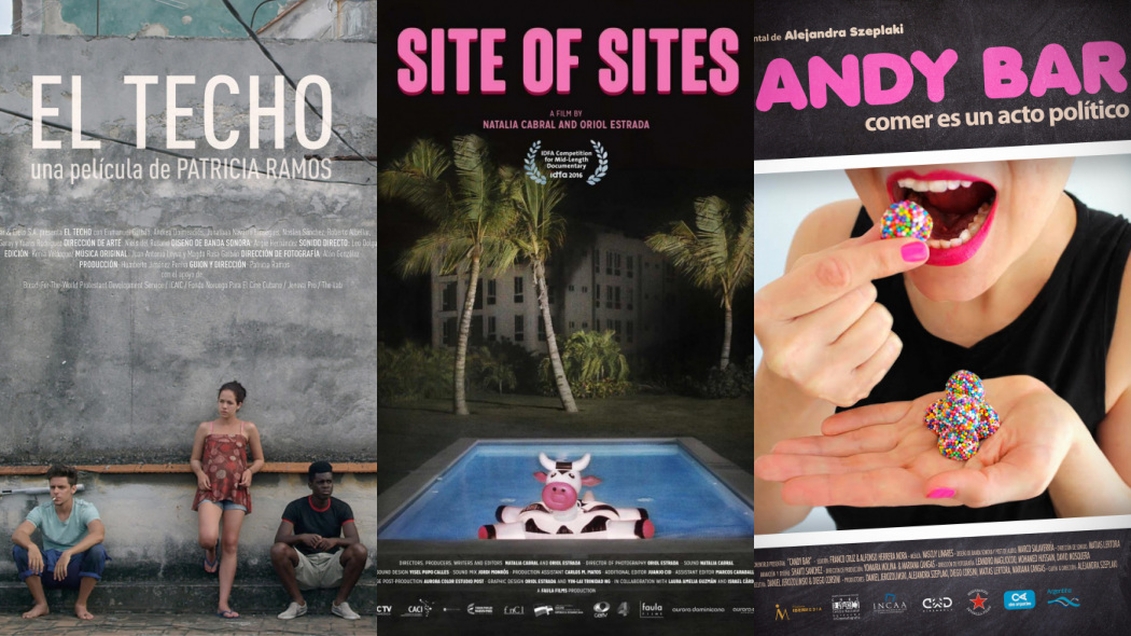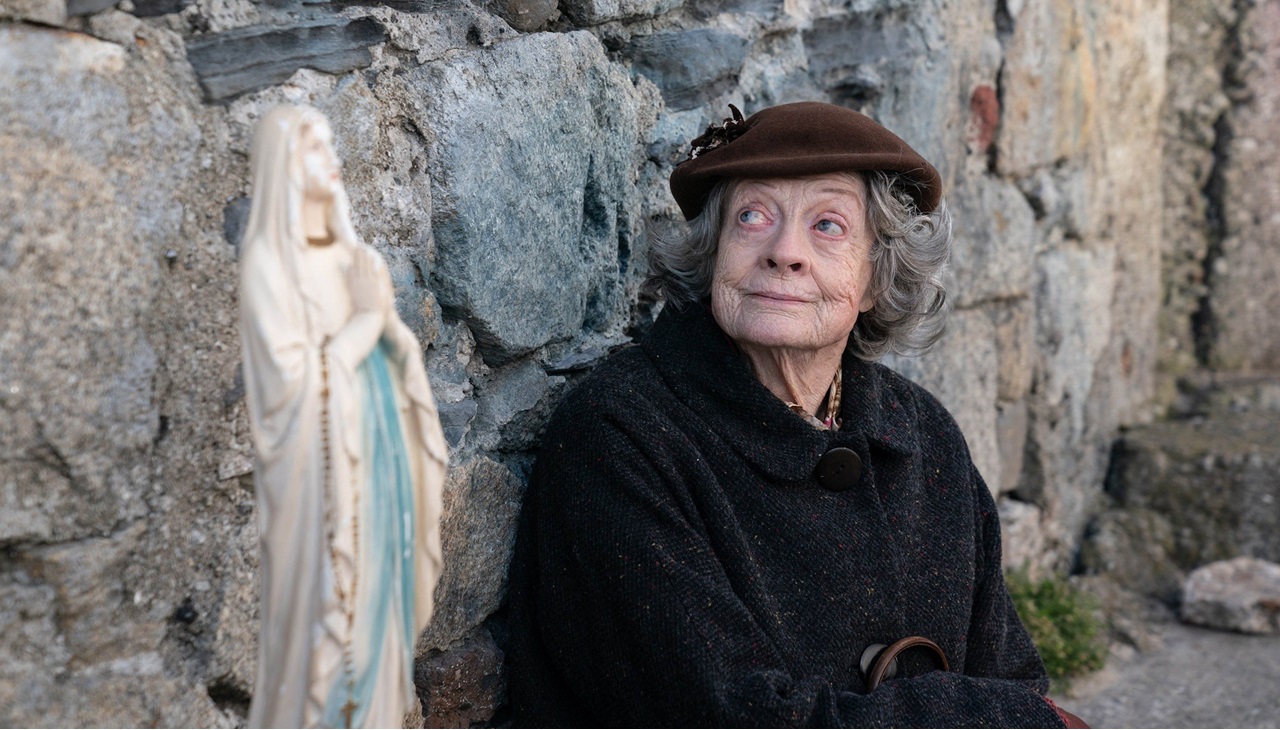
A celebration of Latino women at the Seattle Latino Film Festival
This year's edition of the Seattle Latino Film Festival is going online and shifting the focus to Latino and Hispanic directors and producers.
What does Latina representation look like in Latino cinema?
It's not a simple question given the deeply colonial impact on the world's film circuits. There are many hardships for Latinas to get worthy roles, as well as further prejudices faced when hiring Latin American screenwriters.
But it's even more complicated during production and direction to capture the actual realities these artists want to show.
That's why it is encouraging that some American festivals have shifted their focus not only beyond their country, but also beyond certain prejudices of manhood.
This week, the Seattle Latino Film Festival, held annually, unveiled an edition entitled "Latino and Iberian Women in Film," with more than 20 films made or produced by women.
They are all social visionaries and integrated in their communities. The result is intense discourses like Candy Bar (2017), which tries to show the way food intersects with social relations, directed by the Argentinean Alejandra Szelpaki, and delves into the lives of six women.
It also features award-winning documentaries such as The Offended (2016), which addresses the military conflict in El Salvador, necessary human rights claims and the absence of justice.
RELATED CONTENT
There are also comedies that walk the line between laughter and drama, like the Cuban film El techo (2016), directed by Patricia Ramos Hernández, and other types of humor that play with the brutal aesthetics of environmental destruction like El Sitio de los sitios (2016), directed by Natalia Cabral alongside Oriol Estrada from the Dominican Republic. In the full list of featured films, there are also Spanish, Argentinean, Mexican and Colombian flicks.
There have been many reports of festivals across the world that are gradually adapting to the new virtual world brought by COVID-19. There are, however, still a majority that resist being part of distribution chains that have their own cinemas and hope to survive the virus by their own mettle.
But the reality is that the world's situation will last longer than many think, and it's why we should be grateful that, between confinements and longing for the smell of popcorn in movie theaters, in Seattle, they are adapting to the present to be able to offer viewers a new, varied and unusual programming.
"If we continue to grow, we hope to be able to present additional programs and presentations beyond the annual festival," its programmer said in a recent interview.
The festival will be available to stream throughout the United States until Jan. 10 and includes films in English and Spanish made by women from more than eight different South American countries. There are passes available for the entire festival or specific films.
The screenings also include a virtual question and answer session with the director.











LEAVE A COMMENT:
Join the discussion! Leave a comment.